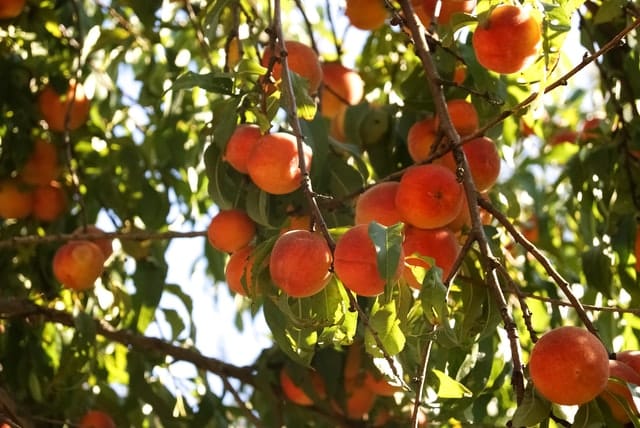Writing for Taxation magazine’s Readers’ Forum, BKL tax consultant Terry Jordan responds to a reader’s query about the inheritance tax (IHT) saving from executing a deed of variation in favour of a charity.
‘My client has asked me about the inheritance tax saving from executing a deed of variation in favour of a charity.
Because the residue of the estate is split equally between himself and his two siblings, he wonders whether it is possible for the inheritance tax saving (at 40%) to be allocated entirely to him – so, for example, if the charity received £10,000, it would ‘cost’ him £6,000 as a reduction in his net share of the estate. I expect this is possible but would appreciate any advice readers may have about possible complications.
I recall that it may be possible for him also to claim Gift Aid for income tax on the £10,000. Can readers confirm whether this is still the case, and if there are any conditions that have to be met to enjoy this double helping of tax relief?
Any advice from readers would be gratefully received.’ Query 19,881 – Optimist.
Terry Jordan’s reply: Client could vary his share but the benefit would accrue to all three
Optimist’s client is, together with his two siblings, the residuary beneficiary of an estate. It is proposed that a deed of variation should be executed in favour of a charity and the client has asked if he can have the benefit of the inheritance tax saving.
An instrument of variation is a fiscal fiction. The original beneficiary is making a lifetime gift which, if the provisions of IHTA 1984, s 142 are satisfied, is read back to the date of death for all inheritance tax purposes. In my experience it is a common misconception that all the original beneficiaries must agree to the variation. In fact, only those whose benefits are affected need be parties. Accordingly, the client could vary his share alone, but the benefit would on the face of it accrue to all three. The other two siblings could agree that the benefit should accrue to the client alone and that would not constitute ‘extraneous consideration’ within s 142 (3). If the effect was that at least ten per cent of the net free estate was redirected to charity the rate of inheritance tax on the remainder would be reduced to 36%. The recipient charity would have to be notified of the variation under s 142 (3A).
The ‘double dip’ obtaining of an income tax benefit under Gift Aid was addressed in Query 17,637 in the 27 July 2010 edition of Taxation, under the heading ‘Double donor’. At the time reference was made to the decision in St Dunstan’s Educational Foundation v Major [1997] STC (SCD) 212 which was that the income tax relief constituted extraneous consideration. A month later a similar conclusion was reached in Harris v Revenue & Customs [2010] UKFTT 385 (TC).
Interestingly, Dymond’s Capital Taxes at 8.139C points out that the position is different if quoted shares or land are the subject matter of the variation:
‘Different rules apply if Qualifying Investment Donation Relief (“Share Aid”) or if Gifts of Real Property Relief (“Land Aid”) is used instead of Gift Aid. The Income Tax Act 2007, s.431 provides that relief is available to an individual who disposes of the whole beneficial interest in a qualifying investment (defined to include listed shares, units in an authorised unit trust, shares in an OEIC) or a qualifying interest in land. Income tax relief remains available even if a benefit is obtained although the relief is reduced by the value of any benefits received in consequence of making the disposal (by the individual making the disposal or a connected person). Hence if IHT relief at 40% is obtained which benefits the donor, 60% of the value of the gifted property is still capable of attracting income tax relief.’
The article is also available on the Taxation website.
Our private client tax team have expertise in a range of areas including inheritance tax, trusts and family wealth. For more information, please get in touch with your usual BKL contact or use our enquiry form.







